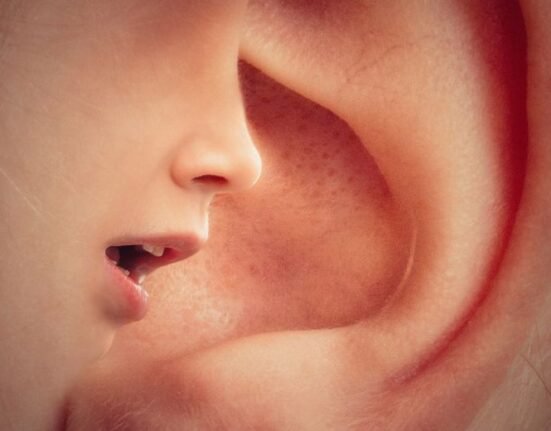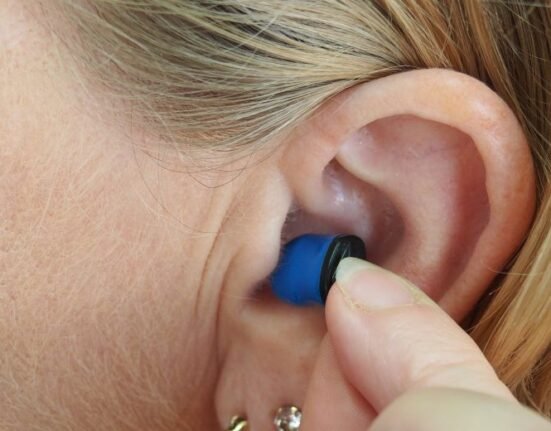H Q Team
April 24, 2023: Researchers at the Harvard Medical School have found a potential cure for hearing loss.
They have developed a drug cocktail that they say can successfully regenerate the hair cells in the inner ear that facilitate hearing.
The inner ear hair cells act like biological microphones that pass on sound signals from the ear to the brain.
Reprogramming inner ear hair pathways
In a mice study, the researchers were able to regrow hair cells by reprogramming genetic pathways in the inner ear. “These findings are extremely exciting because throughout the history of the hearing loss field, the ability to regenerate hair cells in an inner ear has been the holy grail,” said the research team led Zheng-Yi Chen, an HMS associate professor, in a statement. “We now have a drug-like cocktail that shows the feasibility of an approach that we can explore for future clinical applications.”
The next step hopefully is clinical trials to develop a treatment for humans suffering from hearing loss.
In an earlier study, Chen’s team was able to make other types of cells divide and develop the characteristics of hair cells.
The team used the same methodology for the present study and activated the hair cell pathways with a combination of new chemical compounds. They used molecules called “small interfering RNAs” (siRNAs), and removed genes that suppressed the activation of a genetic pathway, which allows for the growth of hair cells in the inner ear.
“Think about a brake when driving a car,” Chen explained in the statement. “If the brake is always engaged, you can’t drive. We found an siRNA that could remove the brake in this genetic pathway.”
When adult mice were treated with the drug cocktail, they were able to regenerate new hair cells that were fully functional.
The researchers are still conducting tests on larger animals before moving on to human trials.
If successful in humans, the treatment will prove to be a boon for many hearing impaired. “My colleagues and I frequently are contacted by people with hearing loss who are desperate for effective treatments,” Chen said in the statement. “If we can combine a surgical procedure with a refined gene therapy delivery method, we hope we can achieve our number one goal of bringing a new treatment into the clinic.”
The research is published in the Proceedings of the National Academy of Sciences,






